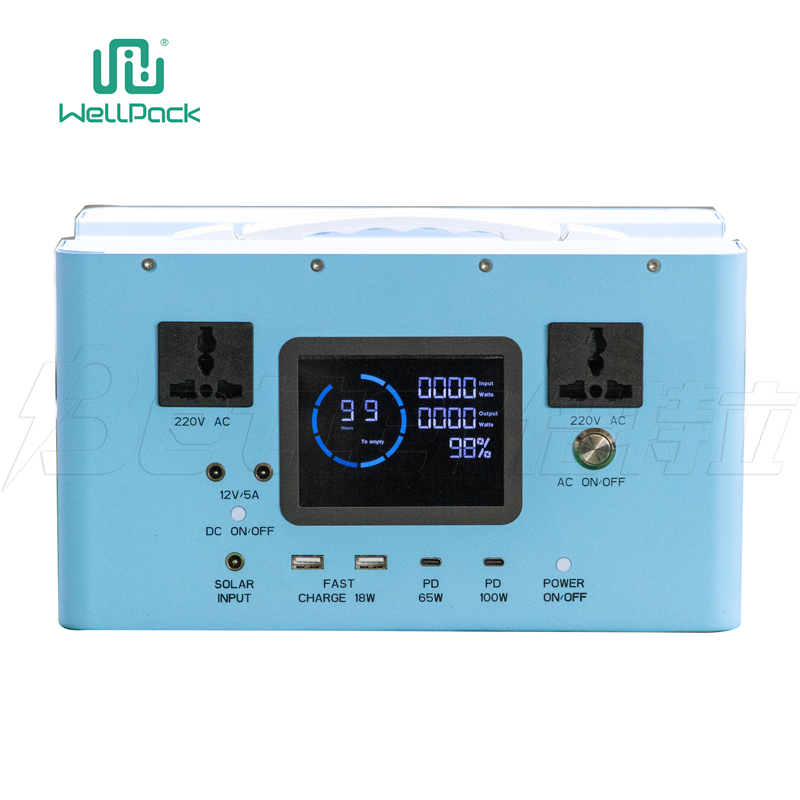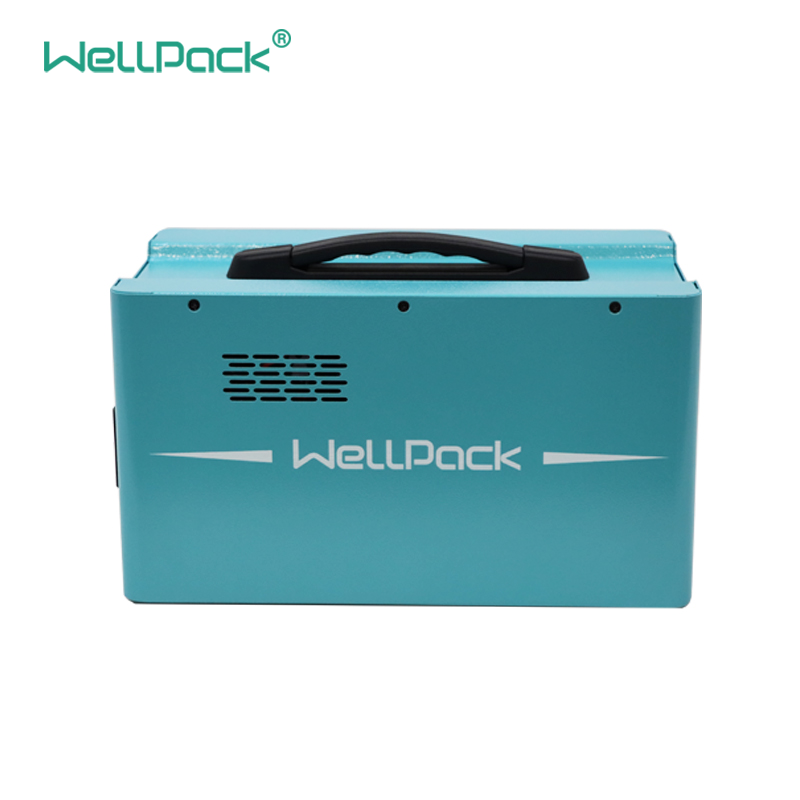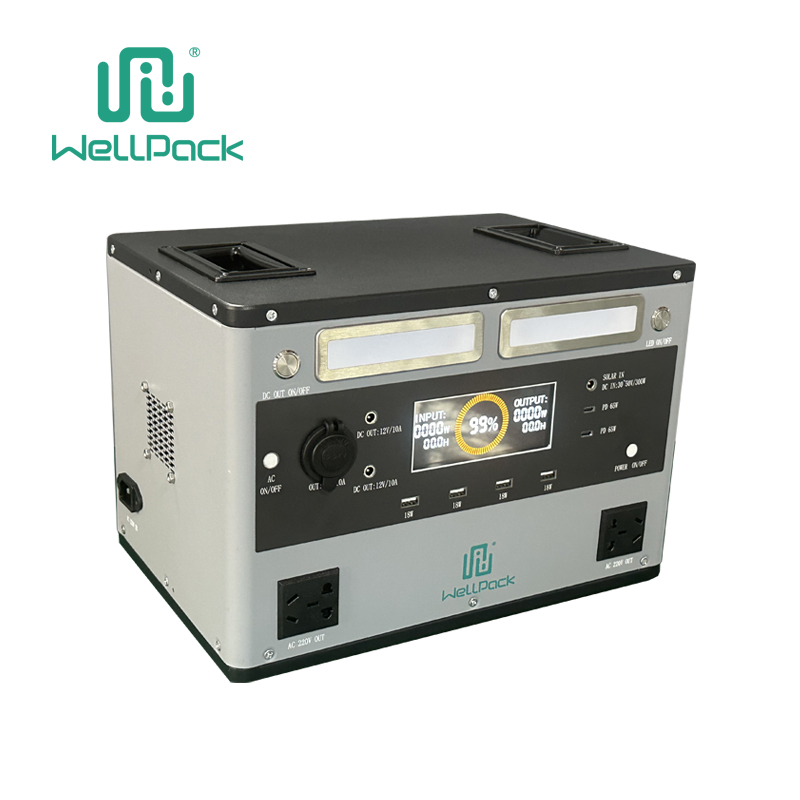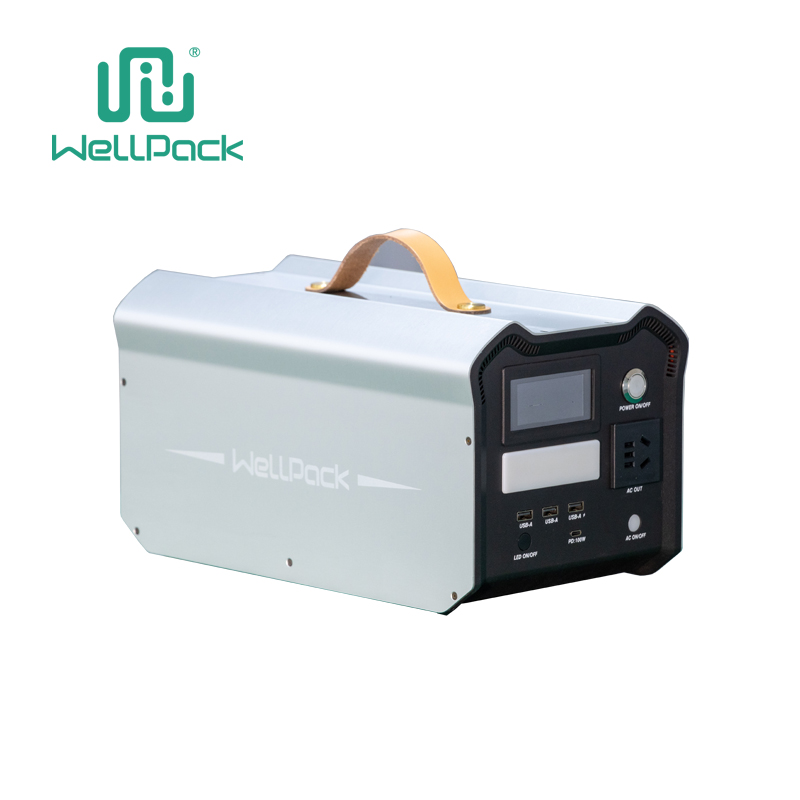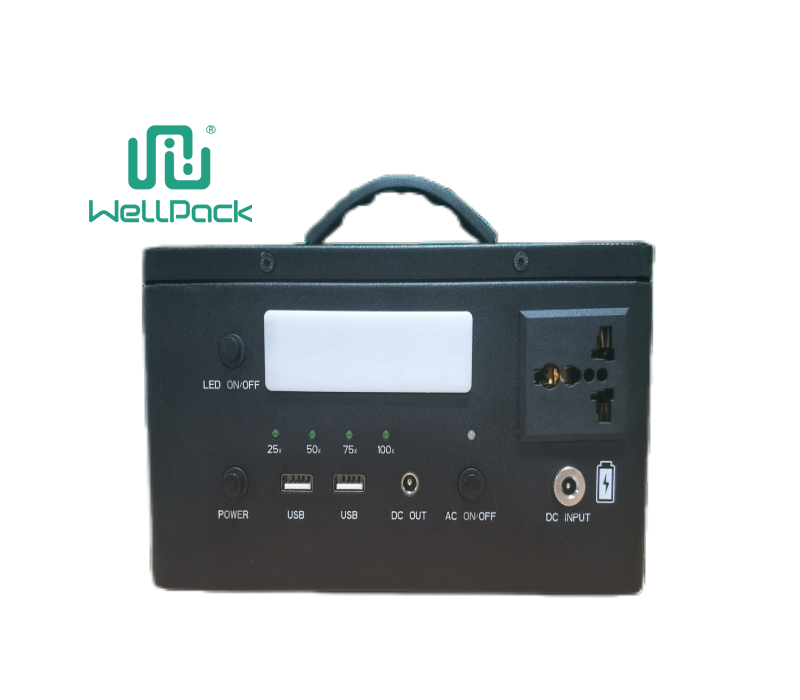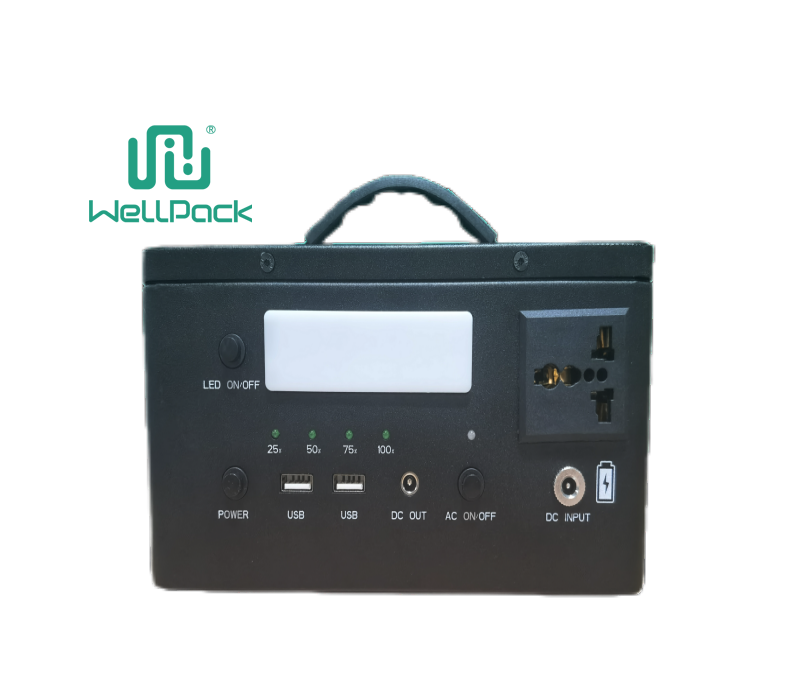Lithium batteries have gained significant popularity in recent years due to their impressive performance and numerous advantages over traditional lead-acid batteries. For boat owners, upgrading to lithium batteries can offer several benefits, including increased range, lighter weight, and faster charging times. However, it's essential to weigh the pros and cons before making a decision. This comprehensive guide will explore the benefits and drawbacks of lithium batteries for boats, helping you determine if they are the right choice for your marine application.
Introduction
Traditional lead-acid batteries have been the standard for boats for many years. However, lithium batteries have emerged as a compelling alternative, offering several advantages that make them an attractive option for boat owners. In this article, we will delve into the benefits and drawbacks of lithium batteries for boats, helping you make an informed decision about whether to upgrade.

Benefits of Lithium Batteries for Boats
Increased Range: Lithium batteries have a higher energy density compared to lead-acid batteries, allowing them to store more energy in a smaller space. This translates to increased range and longer cruising times without the need for frequent recharging.
Lighter Weight: Lithium batteries are significantly lighter than lead-acid batteries of the same capacity. This reduction in weight can improve your boat's performance, handling, and fuel efficiency.
Faster Charging: Lithium batteries charge much faster than lead-acid batteries, allowing you to spend less time at the dock recharging and more time enjoying your boating adventures.
Longer Lifespan: Lithium batteries generally have a longer lifespan compared to lead-acid batteries, reducing the frequency of battery replacements and saving you money in the long run.
Improved Performance: Lithium batteries provide a more consistent and reliable power source compared to lead-acid batteries, leading to improved engine performance and overall boat operation.
Environmental Benefits: Lithium batteries are generally considered more environmentally friendly than lead-acid batteries due to their reduced environmental impact during manufacturing and disposal.
Drawbacks of Lithium Batteries for Boats
Higher Initial Cost: Lithium batteries typically have a higher initial cost compared to lead-acid batteries. However, the long-term benefits and cost savings from increased range, faster charging, and reduced maintenance can offset the higher upfront investment.
Sensitivity to Overcharging and Deep Discharging: Lithium batteries are more sensitive to overcharging and deep discharging than lead-acid batteries. Proper charging and maintenance are crucial to ensure optimal battery performance and longevity.
Potential Safety Concerns: While lithium batteries are generally safe, there is a risk of thermal runaway and fire if not handled properly. It's essential to follow manufacturer's guidelines and use appropriate safety measures.
Choosing the Right Battery for Your Boat
When deciding whether to upgrade to lithium batteries for your boat, consider the following factors:
Your Boating Needs: If you frequently take long cruises or engage in activities that require a lot of power, lithium batteries can be a valuable investment.
Budget: Assess your budget to determine if the initial cost of lithium batteries is feasible for you. Consider the long-term savings from reduced maintenance and increased efficiency.
Maintenance Requirements: Be prepared to follow proper charging and maintenance procedures for lithium batteries to ensure their longevity and safety.
Conclusion
Lithium batteries offer several compelling benefits for boat owners, including increased range, lighter weight, faster charging, and improved performance. While they may have a higher initial cost, the long-term advantages can make them a worthwhile investment. By carefully considering the benefits and drawbacks and assessing your specific needs, you can determine if lithium batteries are the right choice for your boat.
FAQs
Can I use a lithium battery directly with my boat's existing charging system?In most cases, you will need to upgrade your boat's charging system to accommodate a lithium battery. Consult with a marine electrician for guidance.
How often should I charge my lithium boat battery?The charging frequency depends on your usage patterns. However, it's generally recommended to charge your lithium battery after each use or at least once a week if not in use.
Are lithium batteries safe for marine environments?Yes, lithium batteries are generally safe for marine environments when handled and maintained properly. Follow manufacturer's guidelines and use appropriate safety measures.
Can I use a regular car charger to charge my lithium boat battery?No, you should use a marine-grade charger specifically designed for lithium batteries to ensure safe and efficient charging.
How long does a lithium boat battery last?Lithium batteries typically have a longer lifespan compared to lead-acid batteries, lasting around 5-7 years with proper care. However, the actual lifespan can vary depending on usage, maintenance, and environmental factors.

Looking for the cheapest lithium marine batteries on the market? Check out our selection of high-quality options. We offer lithium pro batteries marine and other top-rated brands at competitive prices. Our lithium marine batteries for sale are designed to provide exceptional performance and durability.


